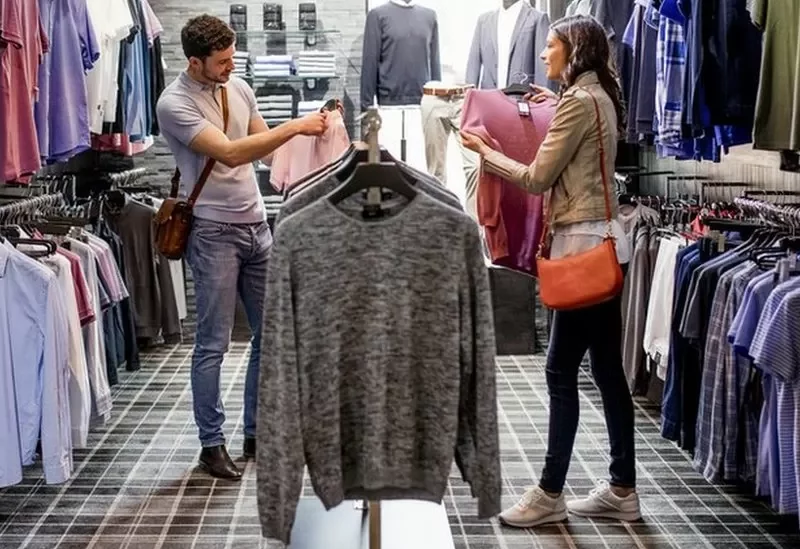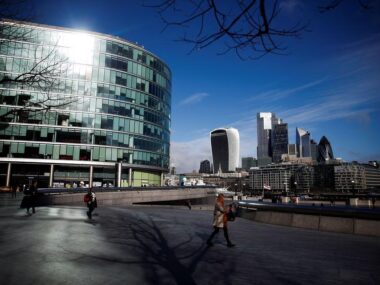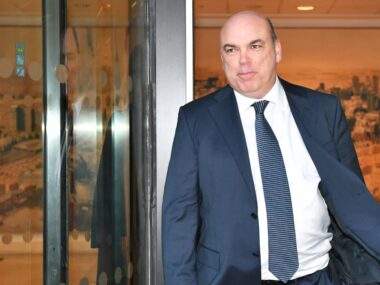Official figures reveal that retail sales experienced a greater decline than anticipated in September. Shoppers refrained from purchasing autumn clothing due to the unseasonably warm weather.
Official data from the Office for National Statistics (ONS) has revealed that consumers faced challenges related to the cost of living in September. This was exacerbated by the unseasonably warm weather, with September being the warmest on record worldwide, attributed to ongoing global warming and the El Niño weather event.
In September, retail sales volumes decreased by 0.9%, a more significant decline than the 0.2% fall predicted by economists. The ONS’s chief economist, Grant Fitzner, noted that the quick rise in prices deterred shoppers, particularly for non-essential goods, resulting in notably lower sales. The warm autumn weather negatively impacted clothing stores, leading to a drop in sales of cold-weather apparel. However, the warmth did boost food sales to some extent. Fuel sales rebounded after a decline in August.
In the UK, September was recorded as the joint-hottest September on record, with a heatwave at the beginning of the month. Unusual weather patterns contributed to a 1.9% decline in trade at non-food stores. Both clothing and department stores saw a 1.6% drop in sales for the month, affecting new autumn lines like coats, jackets, and knitwear.
Consumers also held back from making pricier purchases, such as jewelry, watches, furniture, and lighting, due to the financial pressures associated with the cost of living, as reported by the ONS.

Helen Dickinson, chief executive of the British Retail Consortium, said that with the festive season approaching, “retailers are hopeful that the easing inflation we have seen in recent months will boost consumer confidence”.
She added that shops would bring down prices “wherever they can”, but this would be limited by the expected hike to business rates in April.
Danni Hewson, head of financial analysis at AJ Bell, said “every retailer will be fully focused on the festive season”.
“The next three months are the most important of the year for the sector, the time when people splash out on gifts for friends and family, so the fact that consumers tightened their belts in September will undoubtedly be cause for concern,” she said.
Although inflation has been easing, “everyone is acutely aware that it doesn’t mean prices are falling too, and many people might have had chunky pay increases but that doesn’t mean wallets are suddenly bulging,” she added.











